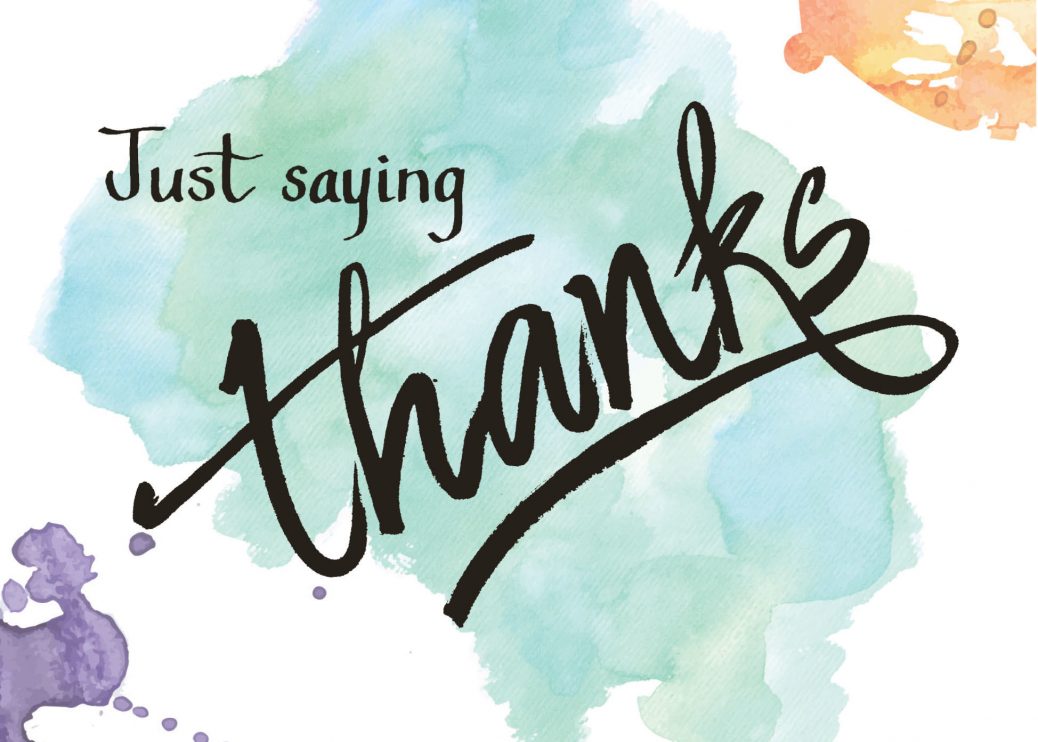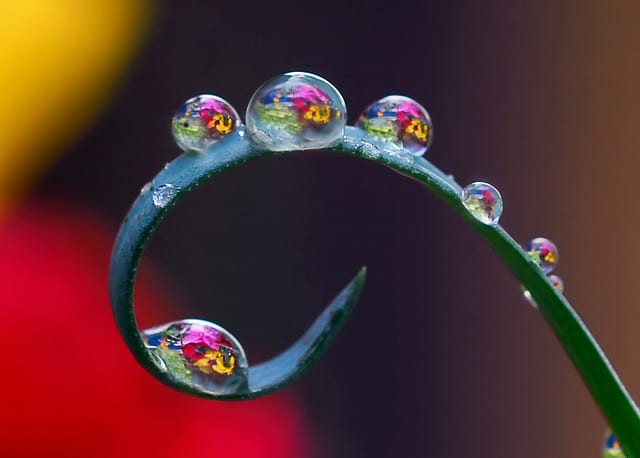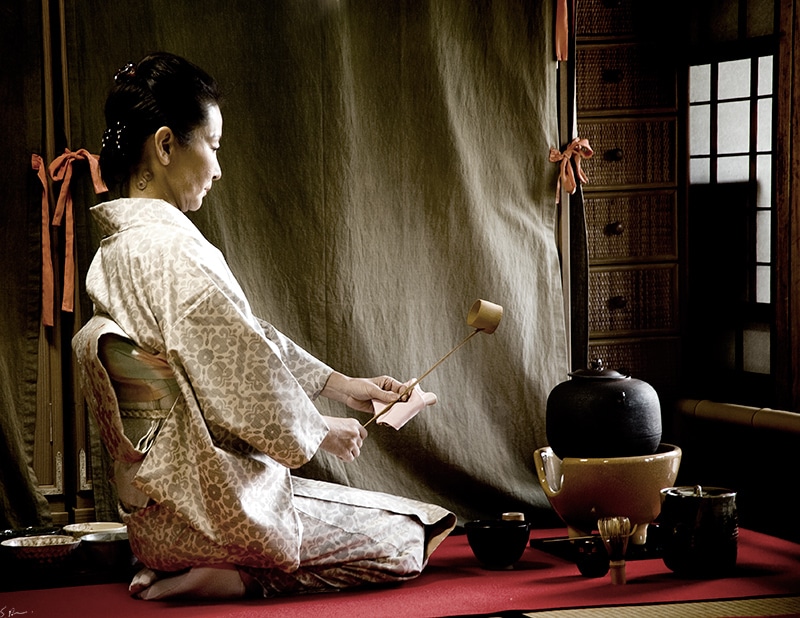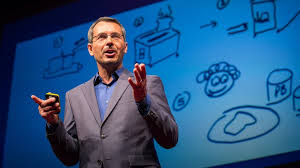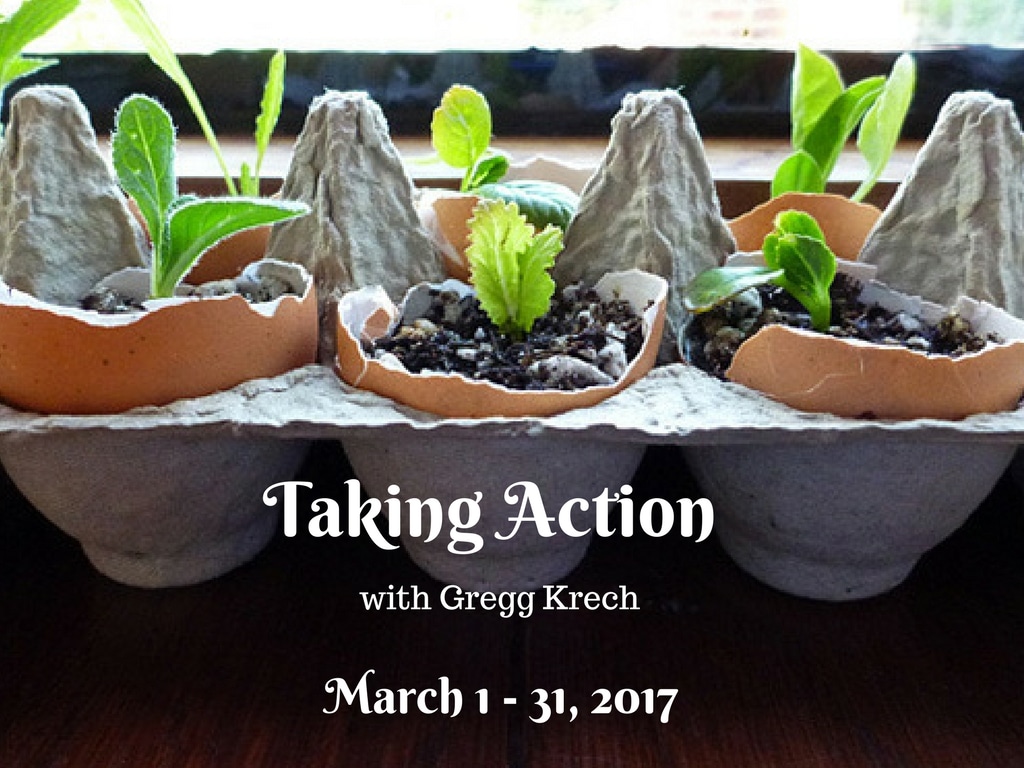When I woke up it took me several minutes to realize where I was. There rows of people laying on hospital beds hooked up to computer monitors and other forms of technology. Many of them had IV’s or clear plastic oxygen tubes running into their noses. There were people in blue hospital uniforms or white jackets walking through the aisles. I was covered with a blanket. I looked down and saw my feet. But I couldn’t move them. In fact, I couldn’t move or feel anything from my waist down. A woman with short blond hair standing to the left of my bed asked me if I would like some water. “Yes,” I said. Thirty seconds later she handed me a paper cup filled with cold water. “Thank you,” I said.
I said “thank you” but, to be honest, I didn’t feel grateful. That’s because my emotional experience was dominated by feelings of anxiety, confusion, and pain. At that moment, gratitude wasn’t in the mix. I realized that I must be in the recovery room. I had gone in for surgery early in the morning – a Total Knee Replacement to my right knee. I remembered receiving a nerve block in my upper right thigh. And afterwards, I remember them asking me to sit up to receive a spinal anesthesia in my lower back. That was the last memory I had.
I spent the next 30 hours going from the recovery room to a room in the orthopedic ward on the third floor. During that time I had contact with numerous nurses, several residents, a physical therapist, two nursing assistants, a case manager, dining staff who delivered meals to me, and a nurse practitioner. Also, my wife, Linda, was with me nearly the entire time. I was almost completely incapable of caring for myself. So nearly every person I encountered was taking care of me in one way or another. My practice was to say “thank you” for everything. On some occasions, I felt genuinely grateful. On other occasions, I didn’t.
I’ve been teaching Japanese Psychology for the past thirty years and have written several books which examine the theme of gratitude and help us understand how to move from a complaint-based way of life to one in which we are more appreciative of what we have and what we receive from others. Gratitude is a feeling, or, more accurately, an internal experience which may have elements of feelings, thoughts, body sensations and even hormonal or chemical changes. It’s not a response that we can control. It lands more in the arena of grace, than effort. To some degree, it happens to us.
Saying thank-you, is a behavior. It is speech. It is the exercise of our will to have sounds come out of our mouth that communicate to those around us. With some exceptions, it is something we can control.
If we make a list of what we are grateful for, that list will vary based on our circumstances, our overall mood, and whether other feeling-states (like pain) are currently part of our emotional experience.
If we make a list of what other people have done for us, or given to us . . . that list will be pretty much the same as it would be regardless of our mood, circumstances or other feelings. In other words, the second list is more a description of objective reality.
The waiter brings me a clean fork to replace the dirty one that came with the napkin. A fact. There was a long delay and I had to remind him twice. I feel annoyed more than grateful.
For those of us who wish to cultivate gratitude in our lives, the path is not to simply recognize what we are already grateful for. The path is to recognize what is being done for us and given to us. Essentially, how we are cared for in this world.
What we are really practicing is not gratitude, but the skillful use of our attention.
Gratitude depends on attention.
For there to be even a possibility of experiencing gratitude, I first have to notice. I have to notice the cup of water the nurse gave me. I have to notice the bed that is supporting me. I have to notice the eyeglasses that help me to see. And the watch on my left wrist that offers me the time in return for a glance. I have to notice that someone covered me with a blanket when I was unconscious and that I’m receiving liquids through an IV.
And there’s no better way to notice than to say thanks for these things. Because to say “thanks” requires me to notice. The practice of saying thanks shifts my attention. Shifts my attention from what? Well, from my physical pain, from my complaints about being cold or hot, from my anxiety about not being able to feel my feet. It shifts my attention from constantly noticing what I’m not receiving. Or from noticing that, while I received some pain medication, the bedside manner of the nurse left a lot to be desired.
Throughout the day, we receive things in which the service or help is received, but the delivery does not quite meet our expectations. Staying focused on the delivery imperfections is a sure formula for a complaint-based life.
“The FedEx driver delivered my package, containing important documents that I had to have today . . . but instead of leaving it inside the screen door, he left it on the small table on the porch.”
So during my hospital stay, I said thank you for whatever I noticed in my own imperfect and sometimes inattentive way.
And it changed my experience. I discovered (another principle of Japanese Psychology) that sometimes expressing thanks actually stimulates the feeling of gratitude. Sometimes the “thanks” needs to come first.
Six days later, now back at home, I genuinely feel grateful to many of those people I thanked. I was well cared for and attended to. Meanwhile, it was there care for me that I was attending to.
And saying thank you for. Because . . . they deserved to be thanked.
Grateful or not.

